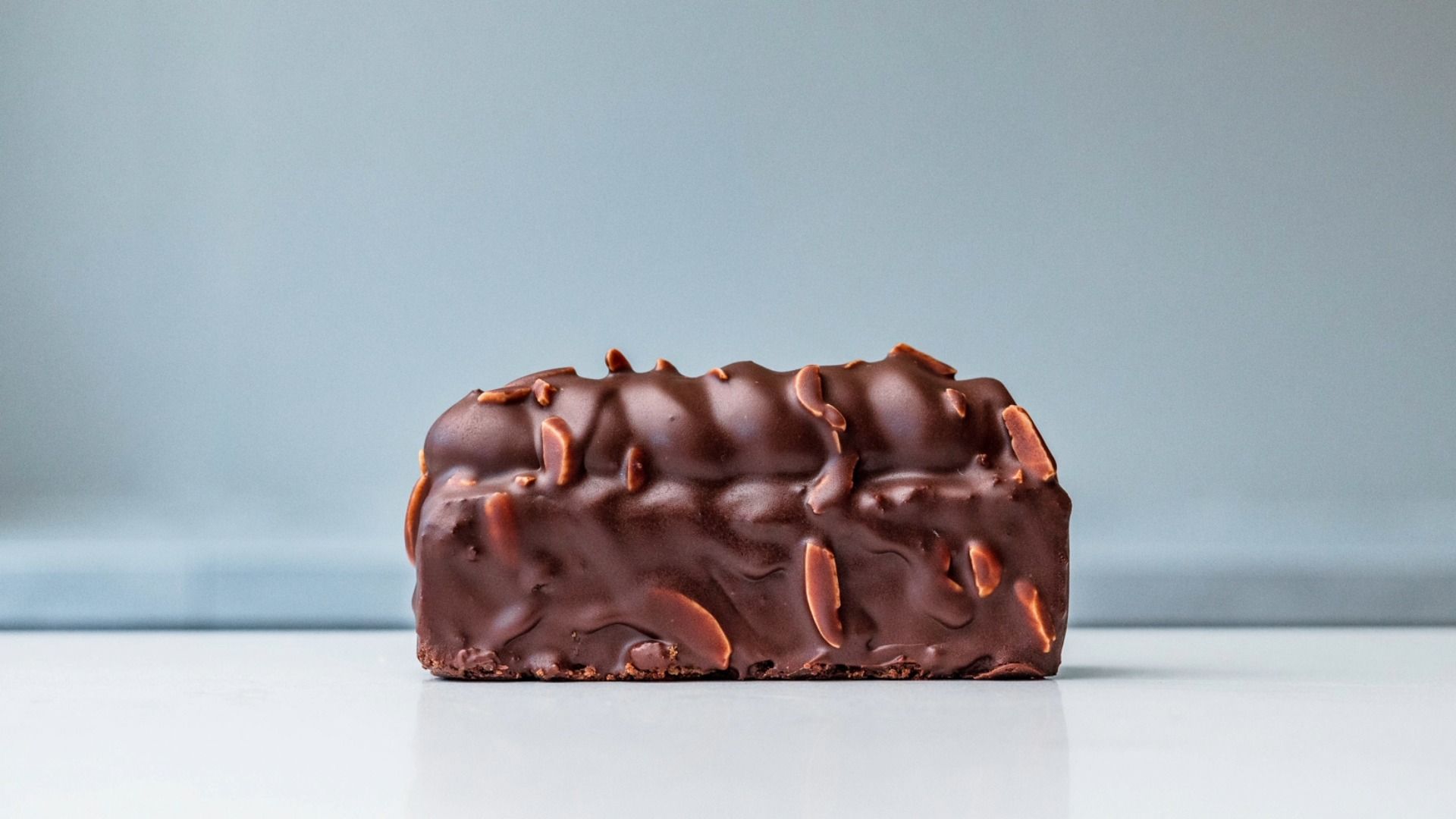Why Are Chocolate Prices Rising So Much?

The Rising Price of Chocolate: What It Means for Bakers and Why Quality Matters
Chocolate has always been more than just an ingredient—it’s the heart of many desserts, an indulgent pleasure, and often a symbol of quality in baking. However, the cost of chocolate has been steadily increasing, and bakers around the world are feeling the pinch. While it’s easy to notice the price hike, understanding why it’s happening and how to navigate it can be more complex. Here, we’ll look into the reasons behind the price surge, what the future holds for chocolate lovers, and why quality chocolate made sustainably is worth every penny.

What’s Driving the Price Increase?
The past few years have seen substantial challenges for the chocolate industry. The increase in chocolate prices is due to a complex mix of factors, including climate change, labour costs, supply chain disruptions, and shifts in consumer expectations.
Climate Change and Crop Vulnerability
Cocoa plants, which thrive in warm and humid conditions, are highly sensitive to changes in climate. Rising temperatures and unpredictable weather patterns have put stress on cocoa production, especially in regions like West Africa, where over 60% of the world’s cocoa is produced. Droughts, flooding, and pests have led to reduced yields, creating a supply strain and driving prices up.
Labour and Ethical Costs
There is a growing movement to end unethical labour practices within the cocoa industry, including child labour. As companies adopt fair wages and improve working conditions, production costs naturally rise. Sustainable chocolate companies invest in supporting cocoa-growing communities, ensuring workers are treated fairly and receive fair compensation, which is reflected in the cost of the final product.
Supply Chain Disruptions
The global supply chain has faced widespread disruption over the past few years due to the pandemic, followed by geopolitical issues, particularly in regions that are critical for raw materials. Rising fuel costs, transportation delays, and increased shipping fees have all contributed to the overall price of cocoa and chocolate.
Growing Demand for Premium Chocolate
Consumers are more informed than ever about the origins and quality of their chocolate. This demand for transparency, organic certification, and sustainably sourced chocolate has led to an increase in the production of higher-quality, ethically produced chocolate. While this is excellent news for ethical consumers, premium chocolate naturally comes with a higher price tag.
Inflation and Rising Costs in Agriculture
General inflation has affected the price of food, labour, and transportation, and chocolate is no exception. The cost of fertilisers, pesticides, and equipment has surged, increasing the expense of cocoa production. These rising agricultural costs impact all parts of the food industry, but luxury ingredients like chocolate are hit particularly hard.

The Current Situation for Bakers
For bakers, the increased price of chocolate can feel discouraging. Cheap chocolate may seem like an easy workaround, but it often comes at the expense of flavour, texture, and ethical standards. Inferior chocolate is typically mass-produced and contains higher levels of sugar, fillers, and lower-quality cocoa solids. This type of chocolate not only delivers a less enjoyable product but may also negatively impact the baker’s reputation if quality is compromised.
The rise in chocolate prices means that bakers face the tough choice of absorbing the cost or raising their prices. However, using high-quality, sustainably sourced chocolate is a significant factor that discerning customers value. Explaining to customers why you’ve chosen to invest in better-quality chocolate—one that supports sustainable practices and delivers superior flavour—can be a valuable part of your brand story.
The Future Outlook
The future of chocolate pricing remains uncertain, especially as climate change, ethical demands, and inflation continue to impact the industry. Analysts predict that chocolate will continue to rise in price as these challenges persist. However, the demand for high-quality chocolate also means that more companies are investing in sustainable practices, regenerative agriculture, and responsible sourcing methods, all of which help to stabilise the cocoa industry in the long run. For bakers, the future of chocolate is about balancing the realities of cost with a commitment to quality and sustainability.
How Bakers Can Adapt Their Pricing and Ingredients
While the rising cost of chocolate can be challenging, it doesn’t mean you have to compromise on quality. Here are some ways to adjust your business to meet these changes:
Adjust Pricing and Be Transparent
If you need to raise prices to accommodate the cost of quality chocolate, communicate this with your customers. Educate them on the benefits of using sustainable chocolate and why it contributes to better flavour and ethical production. Many customers are willing to pay more for a product that supports environmental and social responsibility.
Highlight the Value of Quality Chocolate
Use this opportunity to differentiate your offerings by emphasising your use of premium chocolate. Share the story behind the chocolate you use, why it’s better for the planet, and why it’s worth a little extra.
Offer Premium Add-Ons
Rather than raising prices across your menu, you might offer chocolate as an upgrade or premium add-on. For instance, a chocolate cake made with single-origin chocolate could be offered at a slightly higher price point than standard options, allowing customers to choose the premium experience.
Experiment with Other Ingredients
Where possible, experiment with recipes that use less chocolate but still deliver intense flavour, like incorporating cocoa powder or chocolate accents instead of large quantities of chocolate chunks. Adding complementary flavours, such as nuts, fruits, and spices, can enhance chocolate’s taste without requiring large amounts of it.
Why ‘Cheap Chocolate’ Shouldn’t Be a Thing
Cheap chocolate often relies on unsustainable farming practices, artificial flavourings, and excess sugar to cut costs. It lacks the richness and depth of quality chocolate and contributes to the cycle of poor labour practices and environmental damage. High-quality chocolate, particularly those brands committed to sustainability and regenerative farming, help preserve the environment, provide fair wages, and offer a superior product.
As bakers, we have the power to educate our customers about the true cost of quality chocolate. When customers understand the journey from cocoa bean to finished dessert, they’re more likely to value the investment and support businesses that prioritize quality and ethics over cutting corners.

Final Thoughts
The rising cost of chocolate is a challenge, but it’s also an opportunity for bakers to emphasise quality, sustainability, and craftsmanship in their offerings. By choosing premium, sustainably sourced chocolate, you’re making a commitment to flavour, ethics, and long-term sustainability. Let’s raise awareness of what goes into every delicious bite and continue to elevate our craft in ways that honour both our ingredients and our customers.
Ultimately, while chocolate may cost a bit more, it’s an investment in the values that matter to you and your customers. Quality chocolate is about more than just taste; it’s a choice to support a better world and to bring unparalleled richness to your creations.
Join The Pastry Edit
Weekly guidance for bakers who want to move beyond hobby baking and grow into confident, skilled, profitable professionals.
By subscribing, you’ll receive my weekly baking insights, digital product updates, and exclusive offers. You can unsubscribe anytime.




